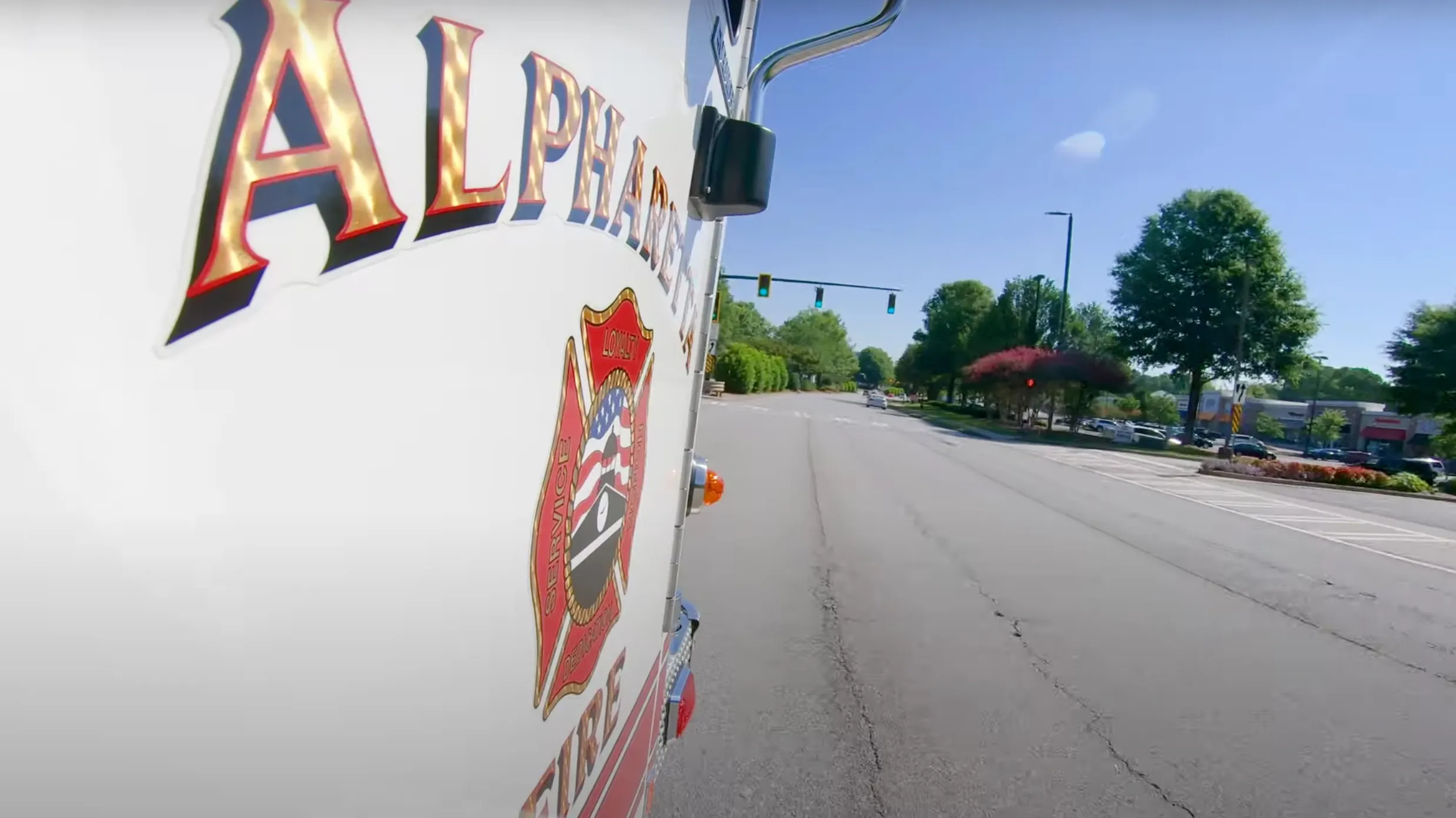Global Traffic Technologies (GTT) has contracted with the City of Cape Canaveral, home of the Kennedy Space Center for the implementation of its latest-generation GPS-enabled Opticom emergency vehicle pre-emption solution, which works alongside intersection controllers to give priority to fire rescue vehicles.
The existing Opticom GPS system will be expanded, with 12 additional fire rescue vehicles and six more intersections to be equipped with Opticom components.
The GPS-enabled system allows for wir
November 30, 2016
Read time: 1 min
The existing Opticom GPS system will be expanded, with 12 additional fire rescue vehicles and six more intersections to be equipped with Opticom components.
The GPS-enabled system allows for wireless communications between authorised emergency vehicles and the intersections they approach. When an emergency vehicle needs priority at an intersection, a request is sent to the intersection’s traffic controller ahead of its arrival, turning the light green and clearing a path to enable the vehicle’s safe passage.









